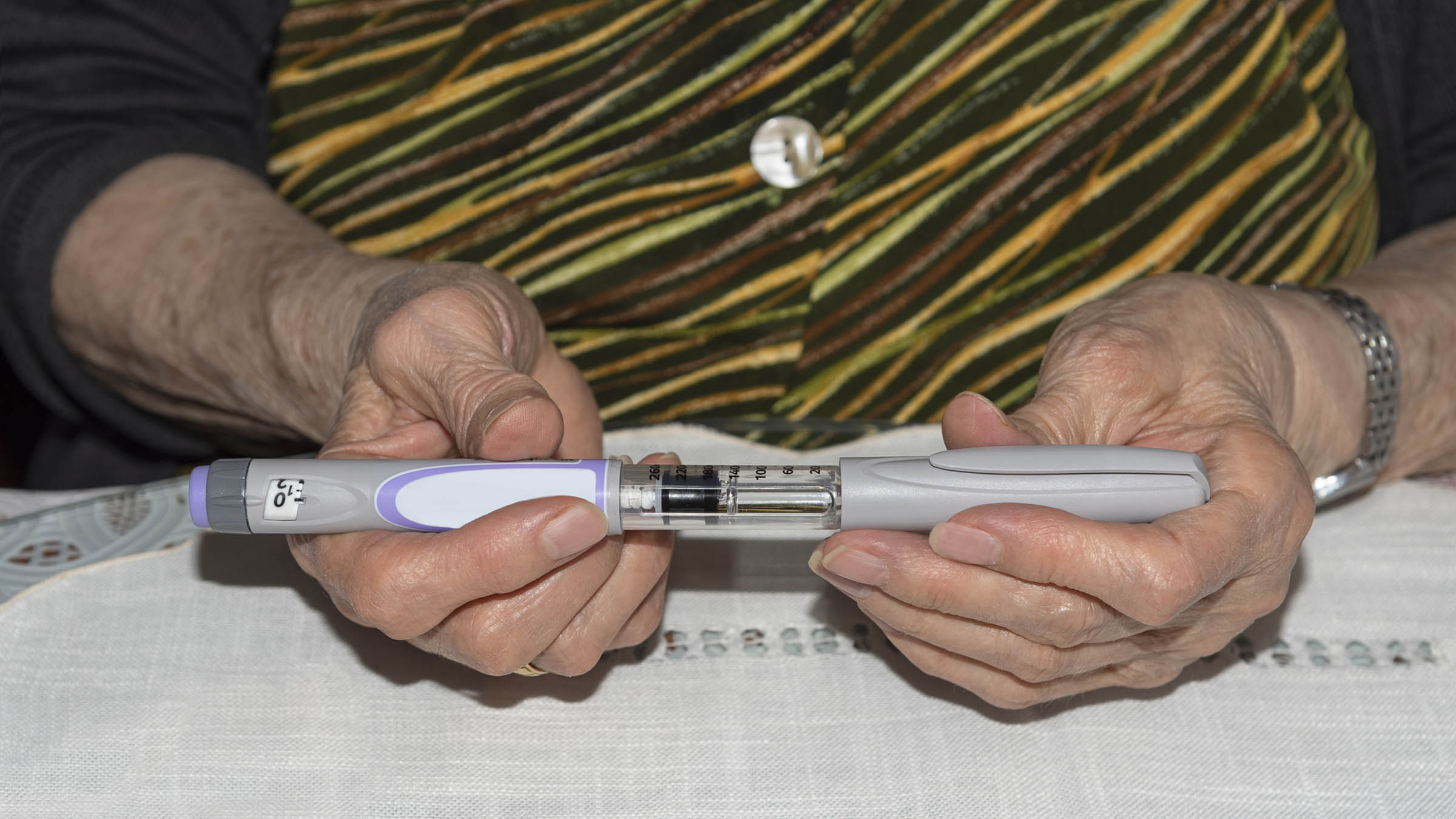
A new University of Arizona Health Sciences study found that people older than 45yo whose Type 2 diabetes was treated with anti-hyperglycemic medications had an increased risk of multiple sclerosis, particularly among women, while anti-hyperglycemic exposure in people younger than 45 reduced that risk.
“Our findings reinforce the need for a precision medicine approach to preventing MS in these vulnerable populations,” said lead researcher Kathleen Rodgers, PhD, associate director of translational neuroscience at the Center for Innovation in Brain Science.
Multiple sclerosis (MS) is an unpredicta...
Read More









Recent Comments